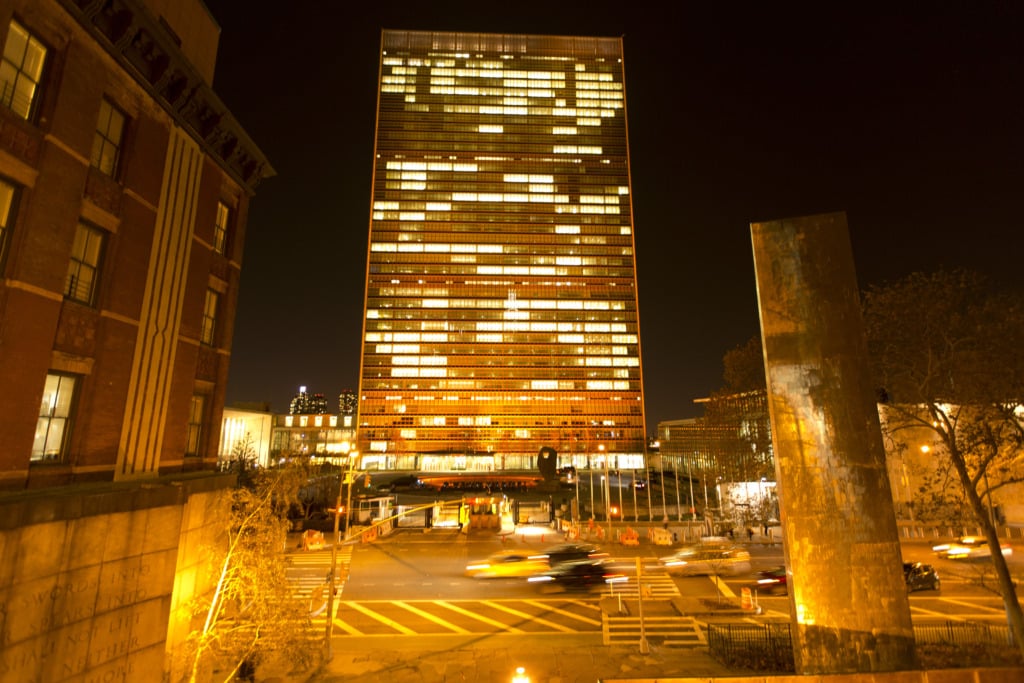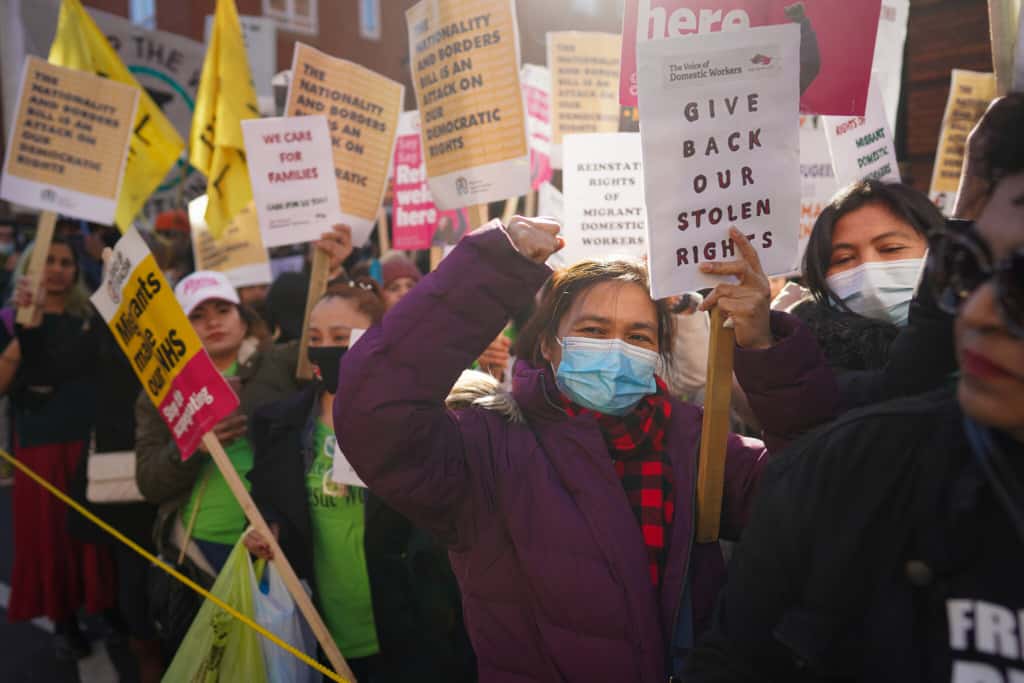MBS’s Immunity and the Subject Matter Jurisdiction Problem
As previously discussed at TLB, a federal district court recently dismissed claims against Mohammad bin Salman (MBS) arising from the murder of journalist Jamal Khashoggi. When the claims were filed, MBS was merely Crown Prince of Saudi Arabia and not entitled to head-of-state immunity. MBS was subsequently appointed Prime Minister, however, a position that does…
Continue ReadingDistrict Court Dismisses Killing Claims Against MBS
Yesterday, the District Court for the District of Columbia (Judge John Bates) dismissed a lawsuit brought by Democracy in the Arab World Now (DAWN) and the widow of journalist Jamal Khashoggi, who was brutally murdered by security agents at the Saudi embassy in Istanbul. The plaintiffs sued Saudi Crown Prince Mohammed bin Salman (MBS) and…
Continue ReadingSolicitor General Recommends Denial of Cert in NSO v. WhatsApp
On November 21, the Solicitor General (SG) filed a brief recommending that the Supreme Court deny cert in NSO Group Technologies Ltd. v. WhatsApp Inc. NSO, an Israeli company that makes surveillance technology, claims that it is entitled to immunity from suit under federal common law because it acted as the agent of foreign states….
Continue ReadingState Department Recognizes Head-of-State Immunity for MBS
Earlier today, the U.S. State Department recognized that Crown Prince Muhammad bin Salman (MBS) is entitled to head-of-state immunity as Prime Minister of Saudi Arabia in a case brought by Democracy in the Arab World Now (DAWN) and the widow of journalist Jamal Khashoggi, who was brutally murdered by Saudi security agents at the Saudi…
Continue ReadingSDNY Rejects Immunity for Former Diplomat in Trafficking Case
To ensure that diplomats can perform their functions without harassment, international law grants them broad immunity from the criminal and civil jurisdiction of the state to which they are accredited. Unfortunately, some diplomats seem to treat such immunity as a license to abuse their domestic servants. Earlier this year, Ingrid (Wuerth) Brunk reported on a…
Continue ReadingDistrict Court Dismisses Another Case Against MBS for Lack of Personal Jurisdiction
Two weeks ago, while King Salman was appointing Crown Prince Muhammad bin Salman (MBS) as Prime Minister of Saudi Arabia in an apparent bid to secure him head-of-state immunity in a suit brought by Jamal Khashoggi’s widow, the judge in a different case quietly dismissed another plaintiff’s claims against MBS for lack of personal jurisdiction….
Continue ReadingMBS’s Appointment as Saudi Prime Minister Gives Him Head-of-State Immunity
On Tuesday, King Salman appointed Crown Prince Muhammad bin Salman (MBS) as Prime Minister of Saudi Arabia. The appointment makes MBS Saudi Arabia’s head of government, thereby entitling him to “head of state” immunity under U.S. law and customary international law. The appointment comes just days before an October 3 court deadline for the U.S….
Continue ReadingIs MBS Entitled to Head of State Immunity?
Editor’s Note: This article also appears in Just Security. In 2018, Saudi security agents brutally murdered journalist Jamal Khashoggi at Saudi Arabia’s consulate in Istanbul, Turkey. U.S. intelligence agencies concluded that Crown Prince Muhammad bin Salman (MBS) approved the operation. In 2020, Khashoggi’s widow and a non-profit organization that he helped found sued MBS and…
Continue ReadingNo Immunity for Diplomats Who Hold Domestic Workers in Conditions of Modern Slavery
The U.K. Supreme Court issued an important decision last week in Basfar v. Wong. The Court held that a diplomat who allegedly kept a domestic employee in conditions of modern slavery was not immune from suit because the alleged conduct brought the suit within the commercial activity exception to immunity under the Vienna Convention on…
Continue ReadingWhen Should Federal Common Law Govern Transnational Litigation?
The conventional wisdom is that transnational litigation “can trigger foreign relations concerns.” Because the federal government has primary responsibility for the United States’ relations with other nations, the question naturally arises whether federal law should govern such litigation even when neither a federal statute, nor the U.S. Constitution, nor a treaty is applicable. Currently, as…
Continue Reading- « Previous
- 1
- 2
- 3
- 4
- Next »







